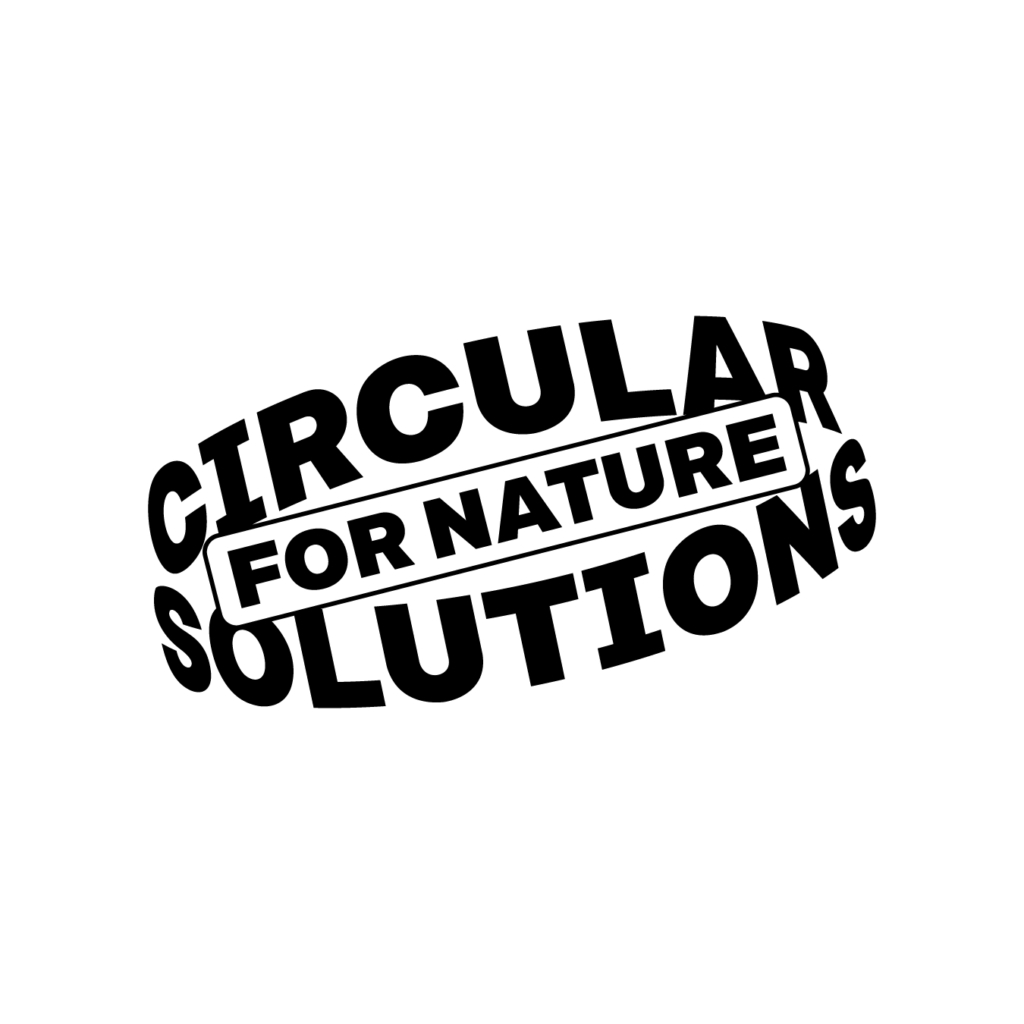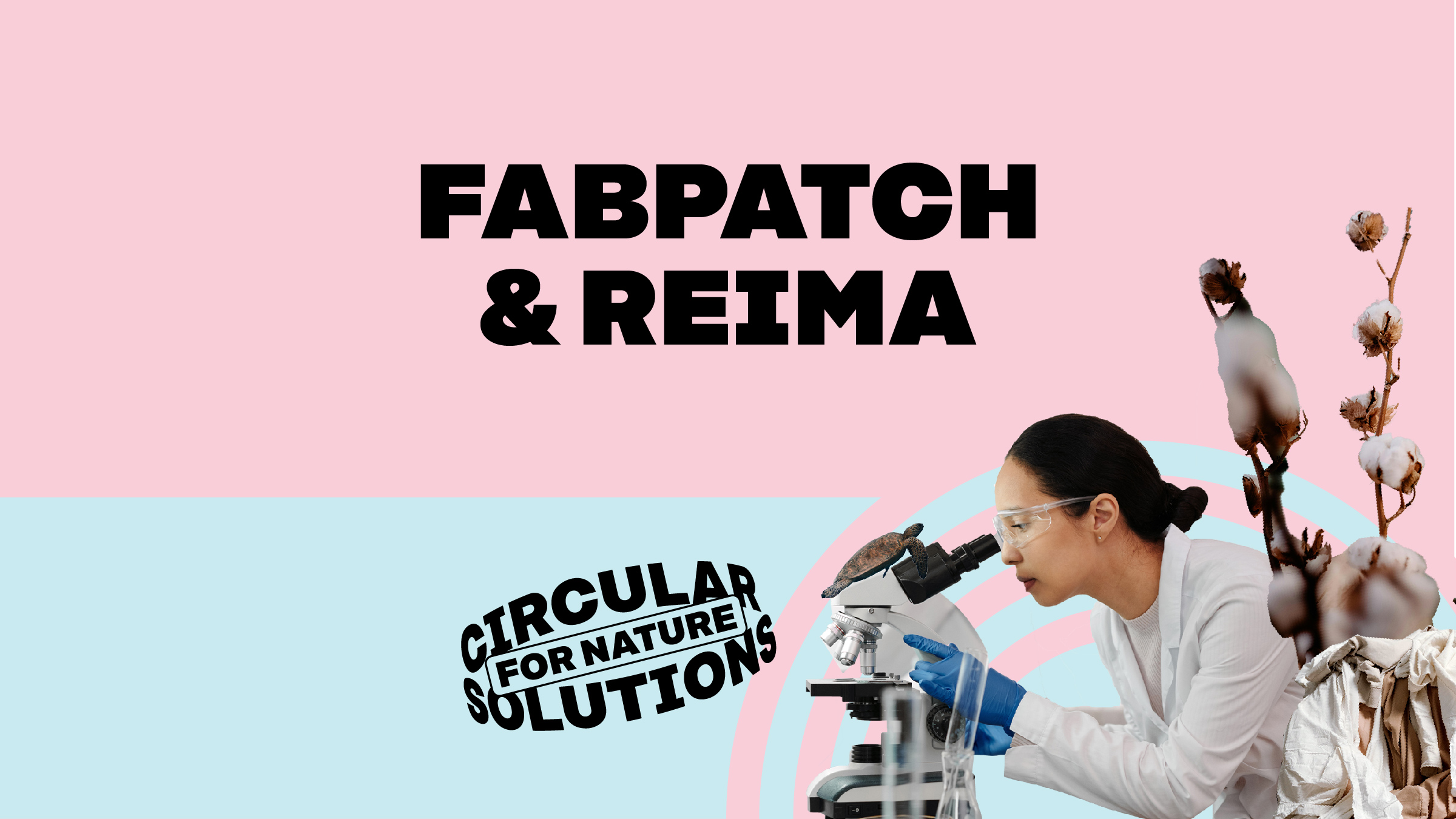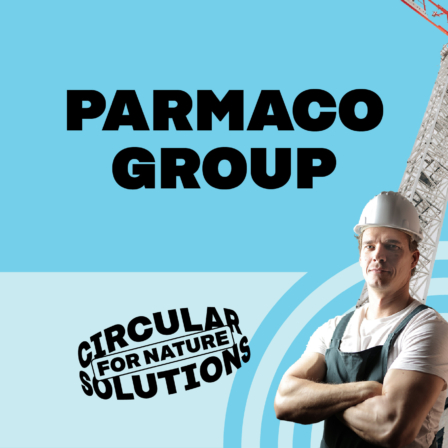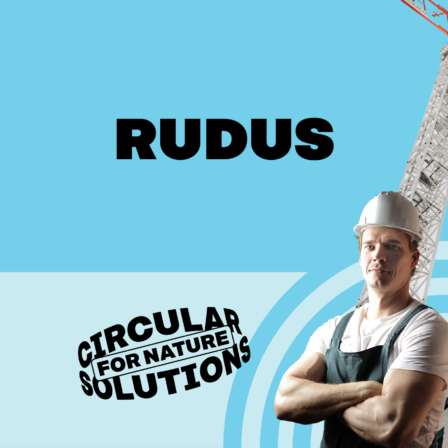Problem
The textile industry is a major contributor to climate change and it impacts biodiversity through chemical pollution, not least in waterbodies. Extensive land use, especially to produce natural fibres like cotton, also results in the loss of natural habitat. Despite these challenges, sales are increasing and the number of times clothes are used is decreasing. The difficulty of repairing clothes is one of the obstacles that perpetuates this linear consumption model.
Solution
FabPatch and Reima operate in the textile industry and they aim to promote reuse and repair of textiles by providing customers with tools to extend the life cycle of their existing apparel. Reima’s emphasis on quality and durability in designing children’s clothing enables a longer use life and enables repairability in the first place.
FabPatch produces high-quality textile repair patches free of harmful substances or solvents. These patches can be customised for co-branded and compatible repair products. Reima has been one of the first retailers for FabPatch and they have co-created a product with Reima’s own pattern.
“Reima’s collaboration with FabPatch has helped demonstrate that a more systemic outlook on problem-solving and value creation is not only a viable option but also good business.”
Riku Sinervo and Tim Forslund, Sitra
Biodiversity impacts
The textile repair solutions by FabPatch™ and Reima can reduce negative biodiversity impacts by extending product lifespans, reducing waste and promoting sustainable consumption habits. Repair accessories that are compatible with existing garments can lessen the demand for new materials, reducing the pollution and land-use impacts from textiles production. The joint approach is also underpinned by commitments to initiatives that minimise waste and water use and reduce the carbon footprint of their operations.
Benefits for the company
The collective efforts of Reima and FabPatch™ showcase the power of collaboration in transforming the textile industry and consumption, with repair solutions allowing companies to tap into a growing market. The competitiveness of FabPatch™ lies in the ability to customise products into many intended uses and innovative product design.


































